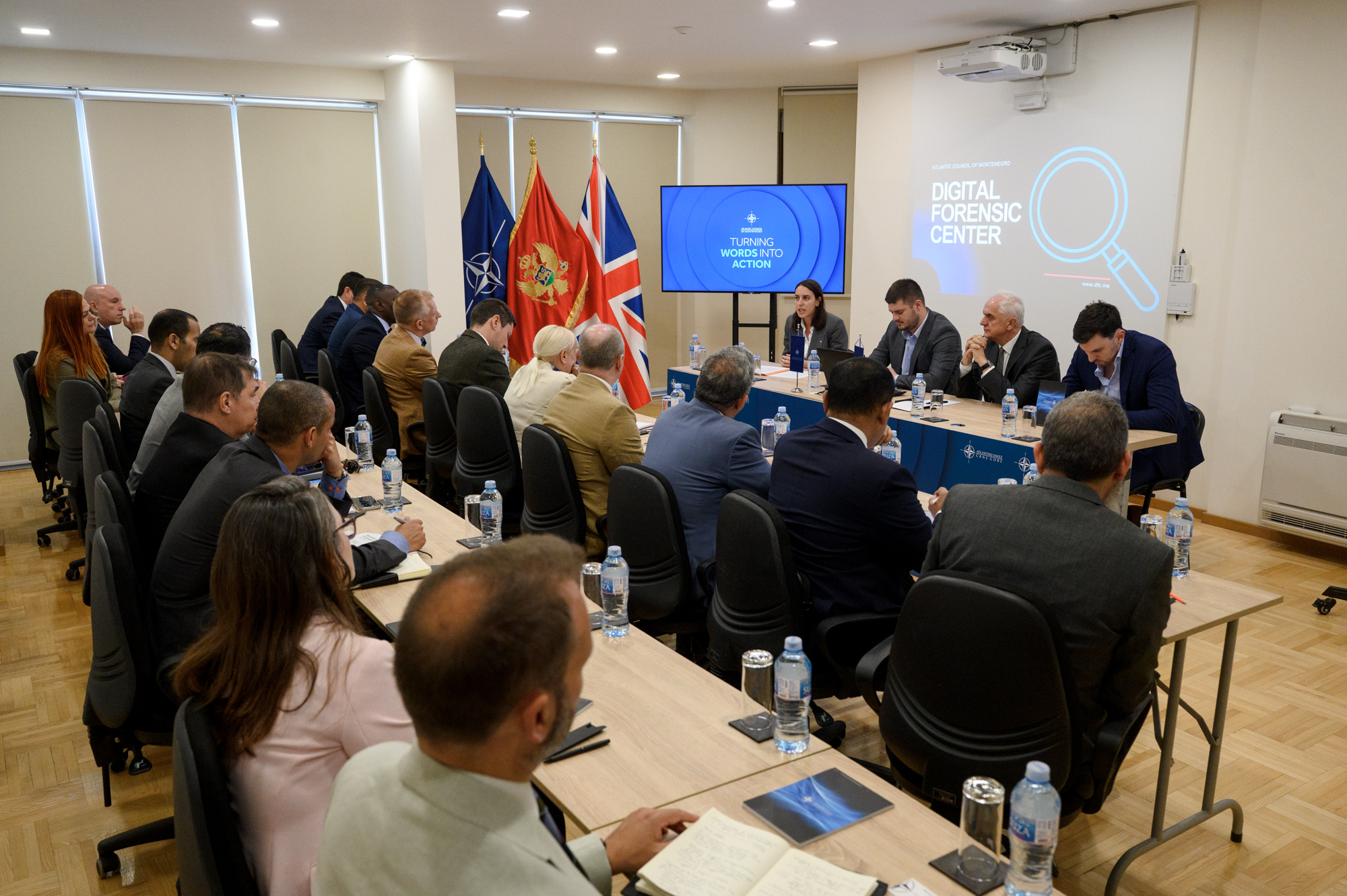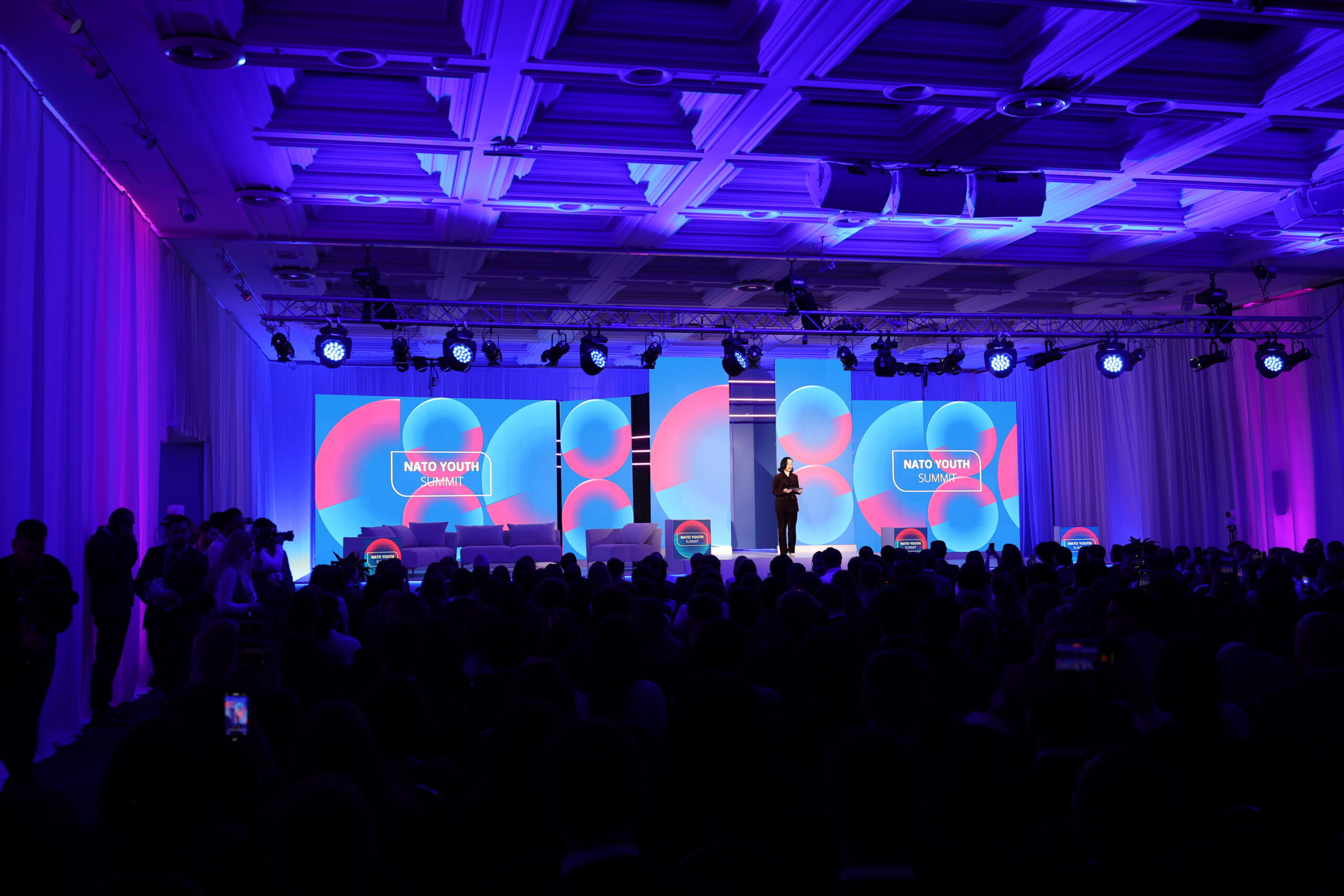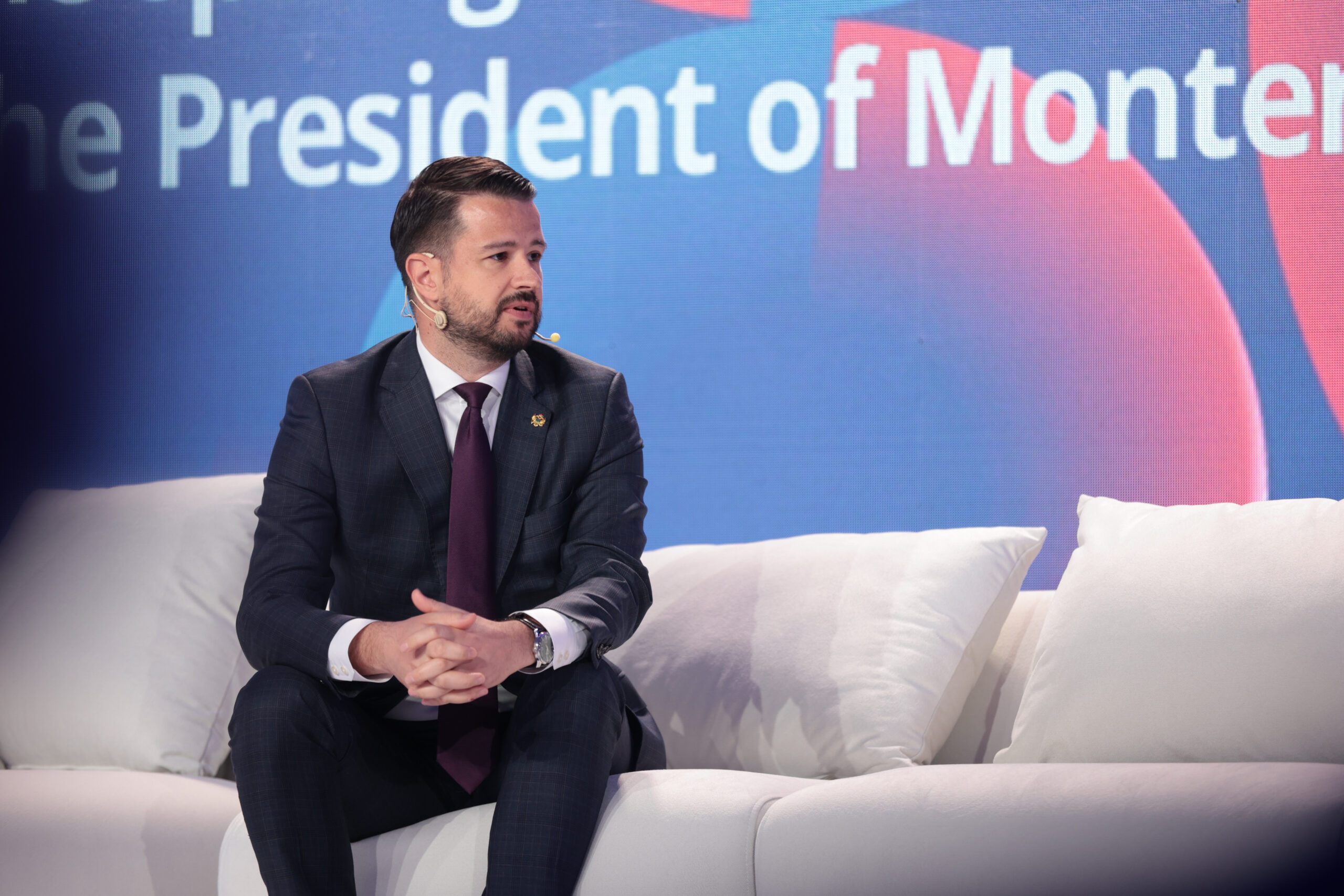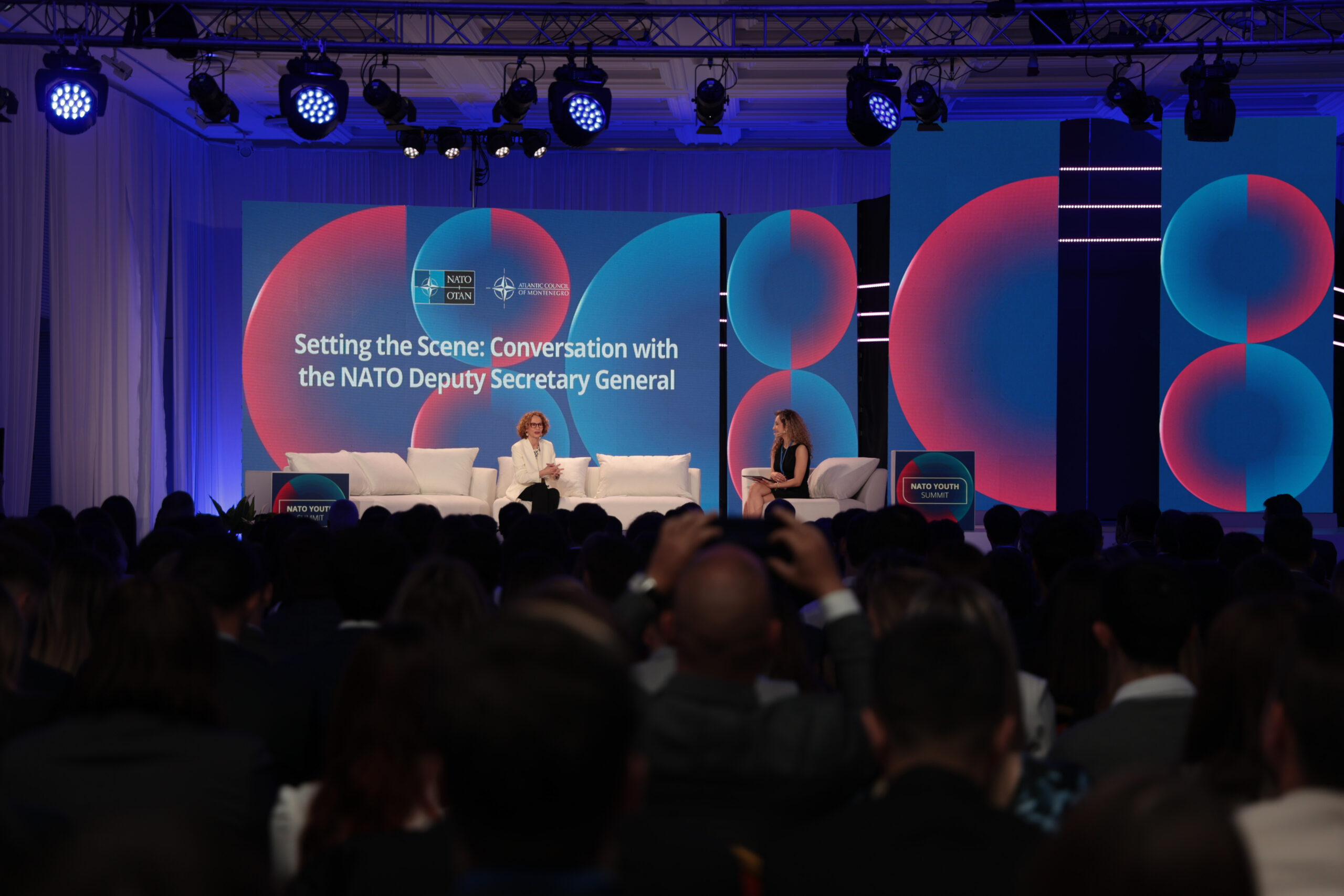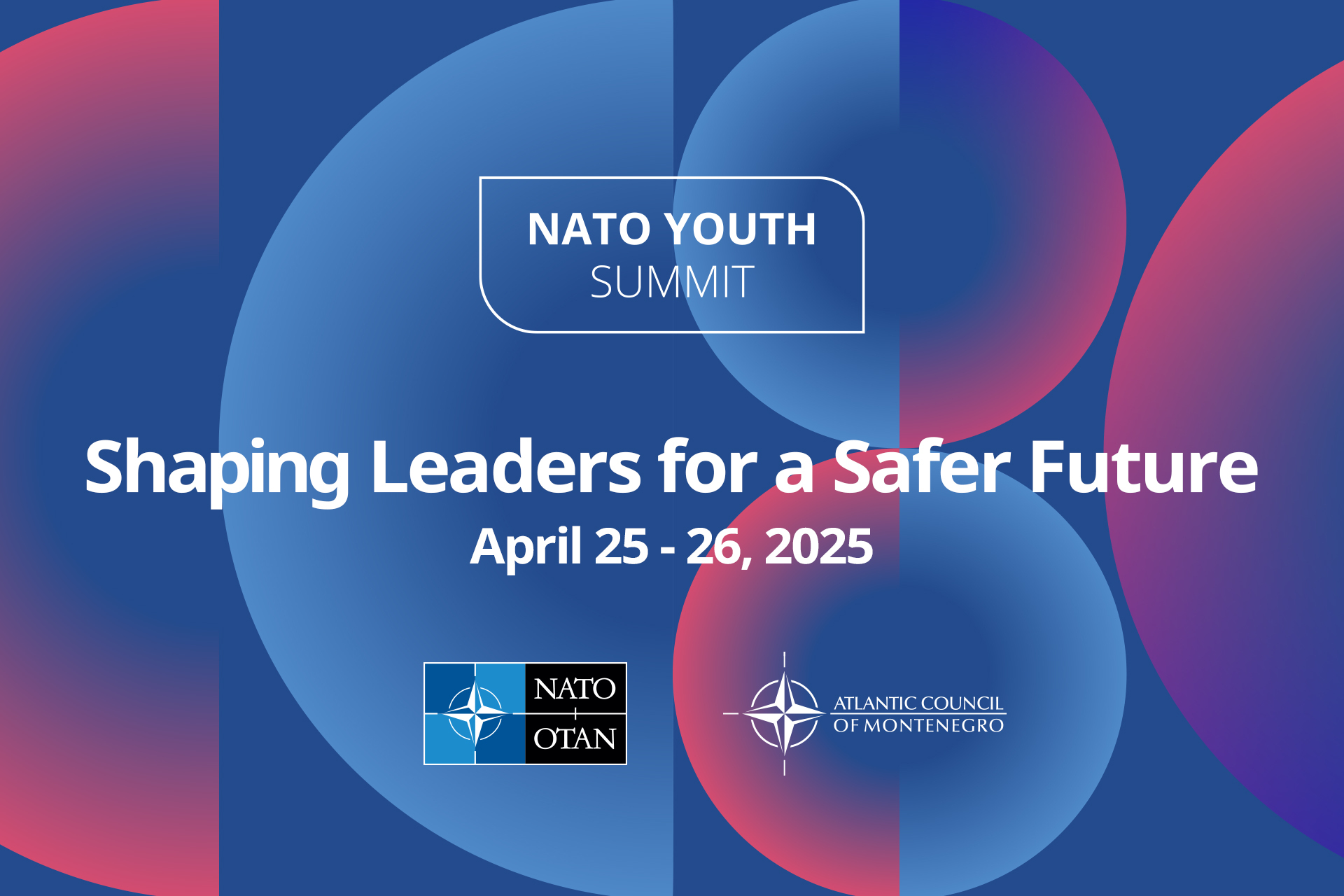Disinformation is not as present in Montenegro as in the rest of the countries in the Balkan region, it was stated today at the press conference for media in the Atlantic Council of Montenegro, during the presentation of the Digital-Forensic Center whose foundation was supported by the Government of the United States of America.
Speaking of the DFC as one of the most important projects, the President of the Atlantic Council of Montenegro, Dr Savo Kentera, emphasized that the focus of the DFC is on the media in Montenegro but also the media content in the rest of the countries in the Balkan region. Therefore, there is a need for equal effort in order to suppress fake news and disinformation that may affect their societies. Talking about certain dilemmas in regards to the existence of the Atlantic Council, now when Montenegro is a member of NATO, Kentera stated that this institution has new duties nowadays. In order to cope with these huge and responsible tasks, the Atlantic Council of Montenegro alongside the DFC founded the Center for Countering Terrorism and Violent Extremism and the Center for International Relations.
In his answer to the question concerning the monitoring of the protests in Montenegro and the region, Kentera said that the goal of the DFC is to reveal the involvement of the foreign countries in the internal politics, not only in Montenegro but in the rest of the Balkan region as well.
„Undermining of our political systems and other democratic systems and discovering those who in this way want to infiltrate, weaken the systems and create chaos and disorder in particular countries, is one of the primary goals“, Kentera explained.
Chief of analytics in the DFC, Marko Savic, said that the majority of media in Montenegro did not engage in disinformation, but still, there were particular examples that mislead the public through recycling and publishing of the unverified information and sensationalistic headlines. „The task of the DFC is to present unambiguous and accurate information to the public, through detailed research and open sources, since we consider that it is in the interest of each citizen of Montenegro, or, the entire public, to be in possession of this information. Through promotion of the objective truth and critical thinking, digital and media literacy are also being strengthened“, said Savic.
As he stated, this will be enabled by organizing of different workshops and lectures. The goal is, as Savic said, to raise awareness of the public and media representatives with the focus on Montenegro and Western Balkans. He specified that disinformation was more present in the rest of the Balkan region countries, with Serbia as a leader.
„The majority of our media usually do not engage in disinformation, but unfortunately, there are some examples that actually mislead the public through recycling of unverified information or publishing of absolutely unverified information as well as through emphasizing sensationalistic headlines which have absolutely nothing to do with the context of a text.“
He informed the media that the DFC has two units. One of them is the Digital Research Center, which operates at full capacity, and the Forensic Center, which will be active by the end of this year.
As Savic said, the key goals of the Atlantic Council of Montenegro are to strengthen the civil society on the way of critical questioning of the media content and to have good partnership with media.
„Cooperation is the only way to respond to these threats and only through organized cooperation can we respond to something this synchronized, something that many define as hybrid threats.“, Savic considers.
The Program Manager, Azra Karastanovic, who announced the round table concerning work of the DFC, spoke about plans and projects of the Atlantic Council. She equally announced that two very important events would be organized in May of the current year. It is a conference of academic character, which will gather numerous experts from the field of information systems and Montenegro will be the host for a first time. Karastanovic announced the ninth To Be Secure Forum (2BS) which will be organized in Budva this year, from May 30 to June 1.




